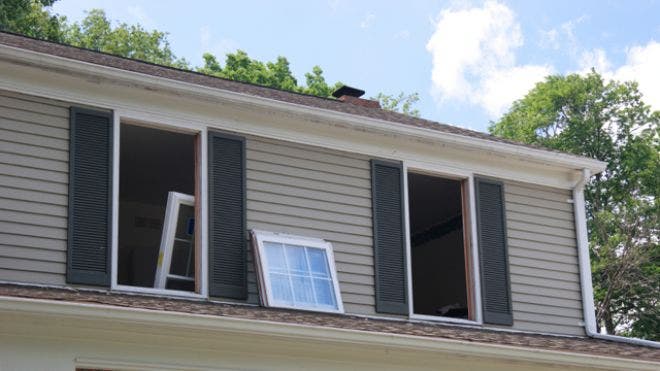
After a long eight-year wait, the building of Australia's Murchison Widefield Array (MWA) telescope has finally reached completion. The radio telescope's first major task will be to investigate the Sun to provide earlier warnings of solar storms that, if left unchecked, could fry satellites and power grids across the globe. The telescope will also be sued to scout the sky for the earliest, most distant galaxies ever detected in an attempt to resolve unanswered questions on the origins of the Universe.
Every once in a while, a massive flow of electrons and other accelerated particles collide with the Sun's plasma. When that happens, a solar flare is born, causing a giant electromagnetic pulse that can spell trouble for us Earthlings. Back in 1989, a solar flare cut power to six million Canadian citizens. And now, reports warn us, the Sun is due to re-enter peak activity in 2013, which the International Centre for Radio Astronomy Research (ICRAR) says has the potential to cause up to US$2 trillion in damage to power supply and communications networks.Read more:
Read more:http://www.gizmag.com/mwa-radio-telescope-solar-flares/25300/















 , there are ways to cool down your home when the temperature rises. Here are some tips to get you started.
, there are ways to cool down your home when the temperature rises. Here are some tips to get you started. 







